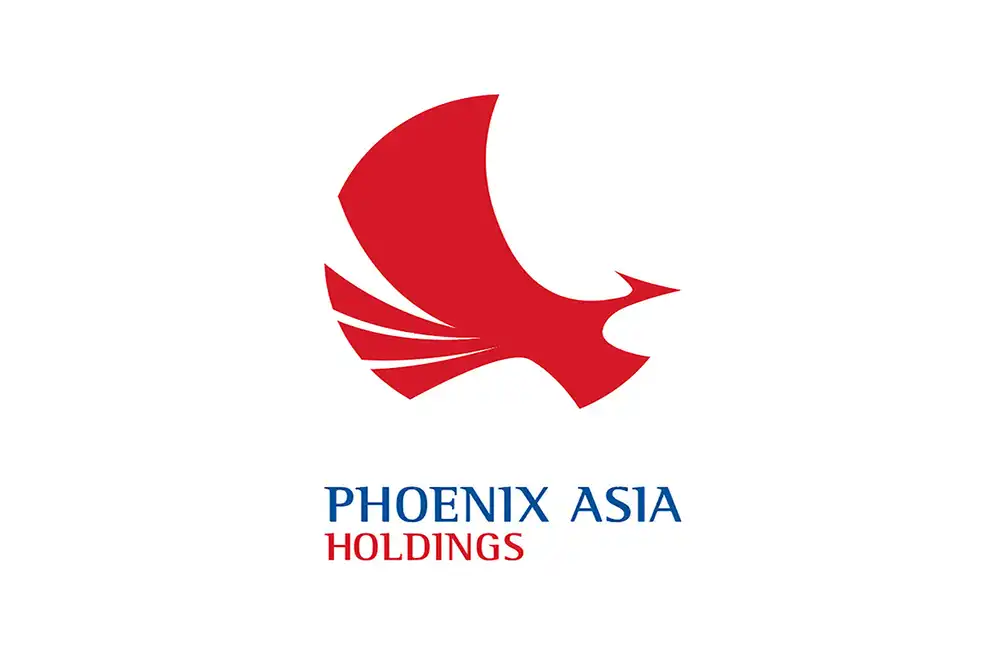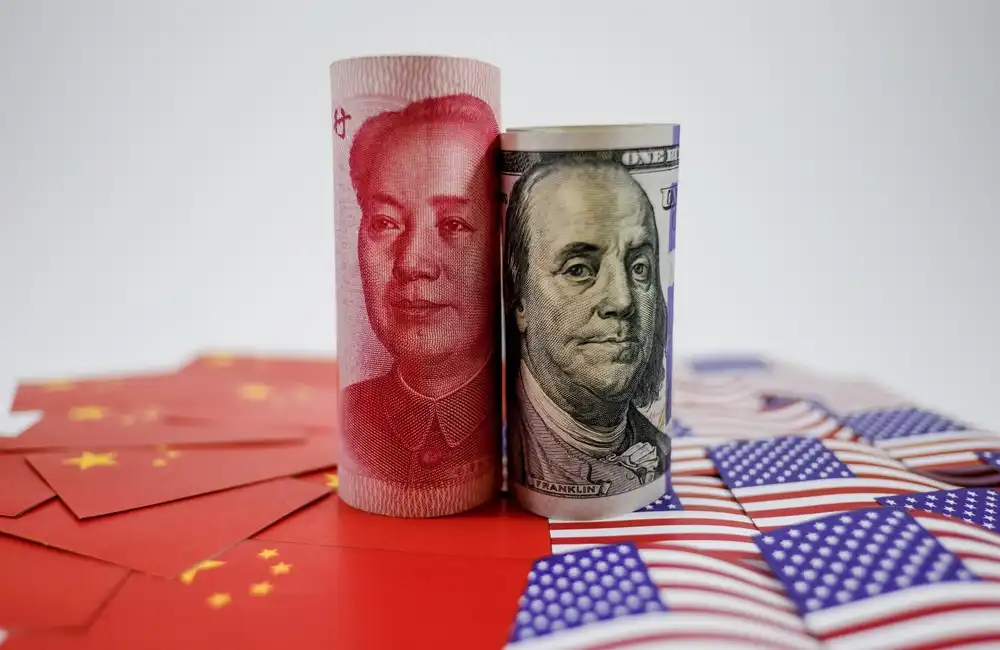Phoenix Asia Holdings Ltd shares dropped 8.75% on Thursday, one of the sharpest declines throughout Asian trading sessions.
Market participants are selling shares due to increased investor caution which stems from regional economic unpredictability and liquidity issues.
Phoenix Asia Holdings turned into one of the session's worst-performing equities after its recent listing with the Hong Kong Stock Exchange was hit by a sharp drop. Market observers identified both sector-wide sentiment trends and larger economic forces as principal reasons for Phoenix Asia Holdings' stock decline and emphasised the company's vulnerability as a nascent growth entity.
Background on Phoenix Asia Holdings
Phoenix Asia Holdings entered the market through its initial public offering last month which attracted substantial early interest. The renewable energy infrastructure specialist secured $500 million when it listed on the Hong Kong Stock Exchange. Initial share pricing of HK$12.50 was met with strong demand because the IPO was oversubscribed from both institutional and retail investors.
Phoenix Asia became a key player in the clean energy industry which attracted portfolio managers interested in green investment opportunities. The company’s nascent position in the market has made it susceptible to external pressures.
Today’s Share Movement
Phoenix Asia shares closed trading 8.75% lower at HK$10.95 approaching their IPO price floor. The trading volume reached 18 million shares which is double the 9.5 million daily average recorded over the previous two weeks. Phoenix Asia’s significant decline stood in stark contrast to the Hang Seng Index which fell by 1.6% while the clean energy sub-index decreased by 2.8% thereby highlighting Phoenix Asia’s poor performance.
The renewable energy sector peers XinGreen Technology and SolarFlow Holdings experienced smaller losses around 3% during the same trading session.
Expert Commentary
Institutional profit-taking along with liquidity concerns sparked the recent sell-off as explained by James Carter, Senior Market Strategist at Investing Partners LLP. Phoenix Asia entered a declining trend while risk aversion spread across the clean energy sector. The stock's short trading history exposes it to extreme price volatility whenever market conditions become unpredictable.
The existing market weakness is intensified by worldwide macroeconomic problems, which include volatile energy prices and guarded growth expectations for renewable energy sectors, especially in Asia.
Analysis of Underlying Factors
Multiple factors contributed to the dramatic drop in Phoenix Asia's stock value. Equities in Asian markets suffered from macroeconomic pressures, leading investors to become more risk-averse due to fears of growth downgrades in major Asian economies.
Investor sentiment toward the renewable energy industry weakened after global energy demand projections decreased. The recent IPO of Phoenix Asia has amplified liquidity issues since its stock has shown greater sensitivity to market sell-offs. Market experts believe that the upcoming end of the post-IPO "lock-up" period may lead to early investors selling their shares which could increase market volatility.
Outlook and Implications for Future Trading
The 8.75% drop in Phoenix Asia's stock value prompts inquiries into how new Asian listings withstand turbulent market conditions. The market slide reminds investors to evaluate both market sentiment and sector-specific risks before investing in new IPOs.
Market analysts recognise Phoenix Asia's challenges exposed by the steep decline but also point to its recovery potential through strong fundamentals powered by increased renewable energy demand when current pressures ease. Carter emphasised that investors should maintain patience while monitoring their stakes in Phoenix Asia. The company stands on strong fundamentals yet its immediate future depends largely on sector trends and economic conditions.
Institutional investors might exercise caution in their assessment of new IPOs in this sector by preferring stocks with established trading histories and lower volatility. Phoenix Asia Holdings’ future trading sessions will depend on regional market stabilisation together with clear direction for the clean energy industry.


















